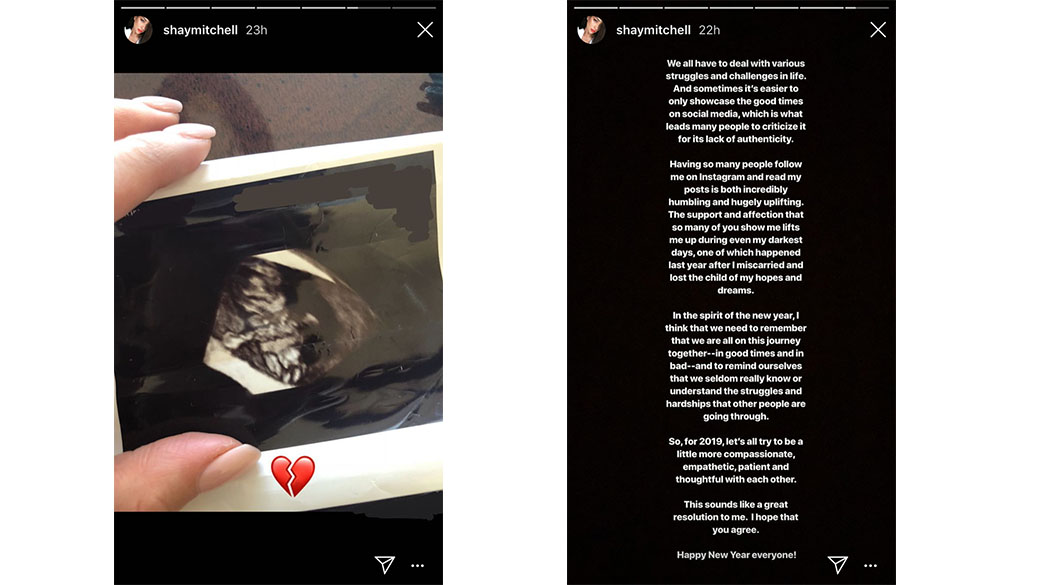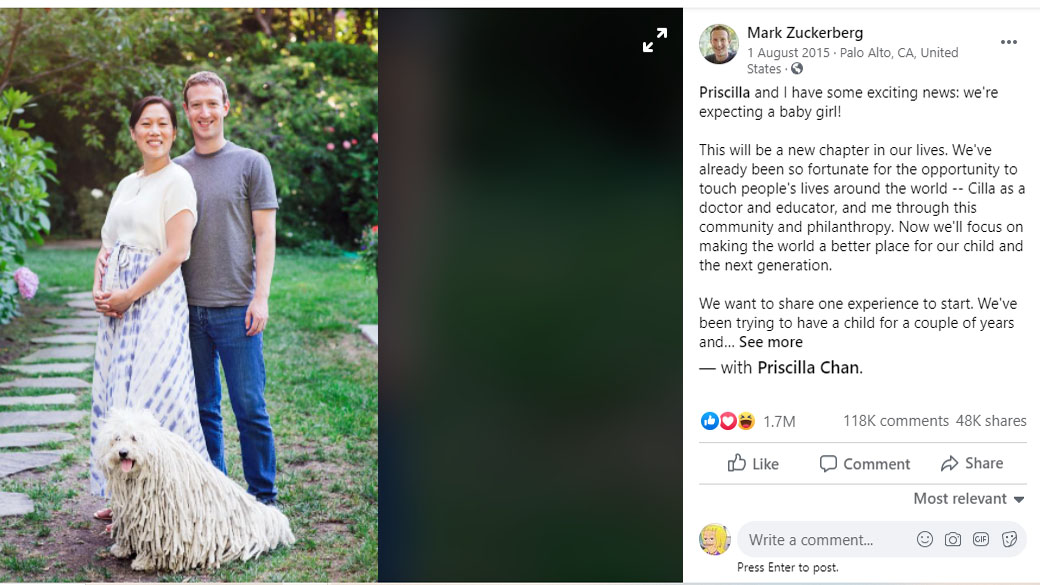Does calling it something else make miscarriage less painful?

You’re at the obstetrician’s office, nervously scanning the screen as the ultrasound wand goes over your still-not-showing belly. This will sound familiar to almost every expectant mother. Will that foetus reach the stage of a bonny baby in your arms?
Twenty-five per cent of pregnancies end in a miscarriage , with 20 per cent occurring early in the pregnancy — within 12 weeks — just in Singapore. The global statistics are equally high. The reasons for this are still largely unknown, but this does not mean that the woman cannot become pregnant again.
But the purpose of this article is not to highlight these stats, but to address the myths, taboos and connotations behind “miscarriage”— which is how pregnancy loss has come to be referred to since the ’80s. Medical language uses the word to differentiate between a spontaneous abortion and induced abortion — conscious termination of pregnancy.
Recently Chrissy Teigen and husband John Legend went public about their stillborn child. Teigen posted an image of herself sitting on her hospital bed, nurse technician in the background, bent over in the grief of losing her child.
[embed]https://twitter.com/chrissyteigen/status/1311517048858574848?ref_src=twsrc%5Etfw%7Ctwcamp%5Etweetembed%7Ctwterm%5E13115170488585[/embed]
There were outpourings of support for the grieving parents on social media. But it also directed attention to one misnomer, the term “miscarriage” to indicate the loss of pregnancy.
If you were to go with what the dictionary says, the prefix “mis” refers to something that was done mistakenly, wrongly or incorrectly; while “carriage” is a vehicle of transportation. If you were to get into semantics, the word could be alluding that the carrier may have had a role to play in the unsuccessful attempt to carry to term.
“It is vocabulary that is meant to be used — certain words are used to suit the context,” says Genevieve Ong, a mother of one. She like Teigen lost a child to stillbirth. “When referring to pregnancy loss from the standpoint of when the ‘carrying to term’ was disrupted, the word miscarriage makes sense,” she adds.
In her case, her doctor termed it a miscarriage even though she was 29 weeks into her gestation when she lost her baby — beyond 28 weeks, it is classified as a stillbirth.
“The doctor termed it so because the baby measured really small due to IUGR (intra-uterine growth retardation), and classifying it as a miscarriage instead of a stillbirth meant that we wouldn’t need to have the police or coroner involved,” explains Genevieve.
Clinical as it sounds, it served the purpose of not putting the bereaved through traumatising paperwork.
But is the fact that it is called something else really the problem here?
What we should be more concerned about is the guilt the woman goes through—because society views it as her personal defect or incapability.
Former first lady of the United States Michelle Obama shared in an interview with ABC News in 2018 about her own miscarriages. “I felt lost and alone, and I felt like I failed,” she said. The Obama’s two daughters Sasha and Malia were subsequently conceived through IVF (In vitro fertilisation).
Singer Halsey, in a 2016 interview with Rolling Stones magazine recalled the time she underwent a miscarriage while on tour. She just took pain medication, slid on adult diapers and mentally beat herself up for causing this — she blamed the busy lifestyle she was living.
ALSO READ: 11 things you should know about grief after miscarriage or baby loss
Don’t speak about your pregnancy to anyone, because it will jinx it. How often have we heard that? More than the risk of jinxing it, you are opening yourself up to the prospect of having to then tell everyone when you lose your pregnancy.
Personal trepidations aside, should such a beautiful aspect such as bringing a child into this world be treated in such a secretive manner?
Hilaria Baldwin took the bold step in April last year when she posted a status update on her pregnancy — that she was experiencing early stages of a miscarriage.
“I want to be a part of the effort to normalise miscarriage and remove the stigma from it,” she explained.
[embed]https://www.instagram.com/p/Bv1fkpTlKhU/?utm_source=ig_embed[/embed]
If some of the comments her posts received are an indication, it will be some time before people — and surprisingly, a lot of women — think it is acceptable to share so “unabashedly”. But it’s a start.
In Singapore as well as most countries around the world, a woman who has had a stillbirth is eligible for full maternity leave. But in the case of a miscarriage, she can take medical leave off.
Albeit a fair classification, how much time is enough time to heal is subjective.
Priscilla Kumar’s pregnancy loss is one that comes under the classification of “missed miscarriage”, when the foetus dies quite early during the pregnancy, but the tissue continues to remain in the womb.
[[nid:490683]]
So the woman may still experience all the symptoms of pregnancy. When she consulted a doctor about cramps is when Priscilla realised she had miscarried.
She had not given herself time to grieve or for her body to rest. Any attempts at sharing the trauma was brushed off, shockingly, by women, as much ado about nothing since it was technically not a pregnancy.
Traditional Chinese medicine believes that pregnancy loss requires longer confinement or healing period than childbirth itself. Because there is trauma to the body, mind and spirit to be contended with. Jumping back into work immediately may be a distraction for some, but it is not a solution.
The words miscarriage and pregnancy loss may have become interchangeable. What we choose to call it is less important than how we choose to empower ourselves and others after experiencing one.
There is a still an astounding lack of empathy and education on the whole concept. As women, we need to stand up for ourselves and each other before we can convince the world about it.
Let’s instead cheer those who have come forward to discuss it openly.


This article was first published in The Singapore Women's Weekly.